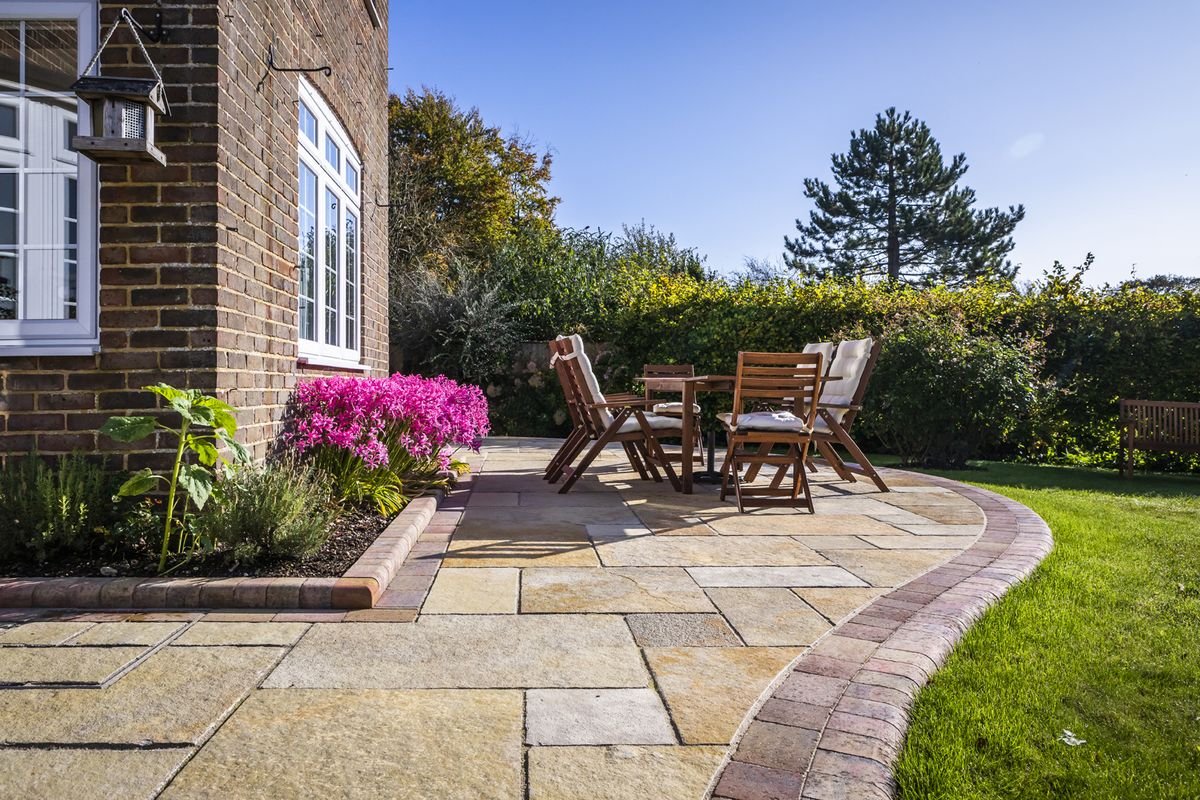When you’re looking to enhance your outdoor space, choosing the right pavers is essential. Pavers are versatile and can be used for various applications like driveways, walkways, patios, and more. This guide explores different types of pavers, their uses, and benefits to help you make an informed decision.
What Are Pavers?
Pavers are hard surface materials used to create outdoor surfaces. They come in various materials, shapes, colors, and sizes. Pavers are durable, weather-resistant, and can add aesthetic appeal to any landscape.
Common Applications of Pavers
Pavers are typically used in outdoor settings, including:
- Walkways: Create inviting paths through your garden or yard.
- Driveways: Enhance curb appeal while providing a sturdy surface for vehicles.
- Patios: Establish a relaxing outdoor area for entertaining or lounging.
- Pool Decks: Provide a safe, slip-resistant surface around swimming areas.
- Fire Pits: Create a cozy gathering spot for family and friends.
1. Concrete Pavers
Concrete pavers are made from a mix of aggregates, cement, sand, and pigments. They are strong and suitable for various uses, including roads and driveways. While they may fade over time, using sealants can help maintain their color.
Benefits:
- Durable and strong
- Cost-effective
- Variety of shapes and colors available
2. Brick Pavers
Brick pavers, also known as clay pavers, are made from natural clay. They are fired at high temperatures, making them durable and long-lasting. The earthy tones of brick pavers can complement many landscapes.
Benefits:
- Classic appearance
- Low maintenance
- Eco-friendly option
3. Flagstone Pavers
Flagstone pavers are flat slabs of natural stone like slate or sandstone. They are often used for patios and walkways. The unique shapes and colors add a natural beauty to outdoor spaces.
Benefits:
- Unique aesthetics
- Versatile for various applications
- Low maintenance and durable
4. Bluestone Pavers
Bluestone is a popular choice for patios and walkways due to its attractive appearance and durability. It can be cut to different shapes and sizes, allowing for creative designs.
Benefits:
- Attractive color and texture
- Highly durable
- Versatile for different outdoor settings
5. Marble Pavers
Marble pavers add elegance to any space. They are often used in high-end designs for patios and walkways. Their smooth surface remains cool, making them perfect for hot climates.
Benefits:
- Luxurious look
- Resistant to heavy traffic
- Low maintenance
6. Travertine Pavers
Travertine is a natural stone that provides a warm look to outdoor areas. It’s often used around pools and patios due to its heat resistance. Travertine comes in various colors, allowing for versatile design options.
Benefits:
- Beautiful appearance
- Insulates against heat
- Durable and long-lasting
7. Cobblestone Pavers
Cobblestone pavers are known for their durability and classic look. Often made from granite, they can create charming driveways and walkways. However, installation can be labor-intensive.
Benefits:
- Timeless appeal
- Extremely durable
- Requires minimal maintenance
8. Rubber Pavers
Rubber pavers are a newer option made from recycled materials. They are durable, slip-resistant, and easy to install, making them great for playgrounds and outdoor recreational areas.
Benefits:
- Eco-friendly
- Comfortable underfoot
- Easy to replace if damaged
9. Plastic Pavers
Plastic pavers are lightweight and often made from recycled plastic. They are usually used for pathways or temporary surfaces. Their flexibility makes them easy to install.
Benefits:
- Affordable
- Lightweight and easy to handle
- Versatile in design
10. Porcelain Pavers
Porcelain pavers are created from clay and undergo a high-temperature process to become dense and non-porous. They are suitable for both indoor and outdoor use and are resistant to moisture.
Benefits:
- Highly durable
- Low maintenance
- Ideal for pool decks and patios
Types of Pavers by Style
Once you select the material for your pavers, consider different styles to enhance your space further.
1. Interlocking Pavers
Interlocking pavers are designed to fit together like a puzzle. This style provides a stable surface and is often used for driveways and patios.
2. Tumbled Pavers
Tumbled pavers have a weathered appearance, giving a rustic charm to outdoor spaces. They are ideal for traditional and casual designs.
3. Textured Pavers
Textured pavers provide a non-slip surface, making them suitable for areas with high foot traffic, such as walkways and pool decks.
4. Smooth Pavers
Smooth pavers offer a modern look and can be used in contemporary designs to create sleek surfaces.
Paver Maintenance Tips
To keep your pavers looking great, regular maintenance is essential. Here are some tips:
- Sweep Regularly: Remove debris and dirt to prevent stains.
- Rinse with Water: Regular rinsing helps remove pollen and light stains.
- Use Cleaning Solutions: For tough stains, use a suitable cleaning solution to maintain color.
- Seal Pavers: Applying a sealant annually protects against staining and weather damage.
Conclusion
Choosing the right type of paver can enhance the beauty and functionality of your outdoor spaces. With various materials, styles, and applications available, there’s a perfect option for every project. Whether you prefer the classic look of brick or the modern appeal of porcelain, understanding the types of pavers will help you make the best choice for your home.
Conclusion
Pavers are not only installed for aesthetic appeal, but also for the durability of outdoor areas. So, it’s important to choose the paver carefully to meet all goals. Factors like intended use, design preference, and geographical locations also impact the final decision.
Whatever paver style or material you choose, Guerrero Landscapes make the best outcomes of your choice to build a dream pathway for your property. Our experts are skilled at providing 100% satisfaction.
Get in touch with us to get started with your paver project today!



